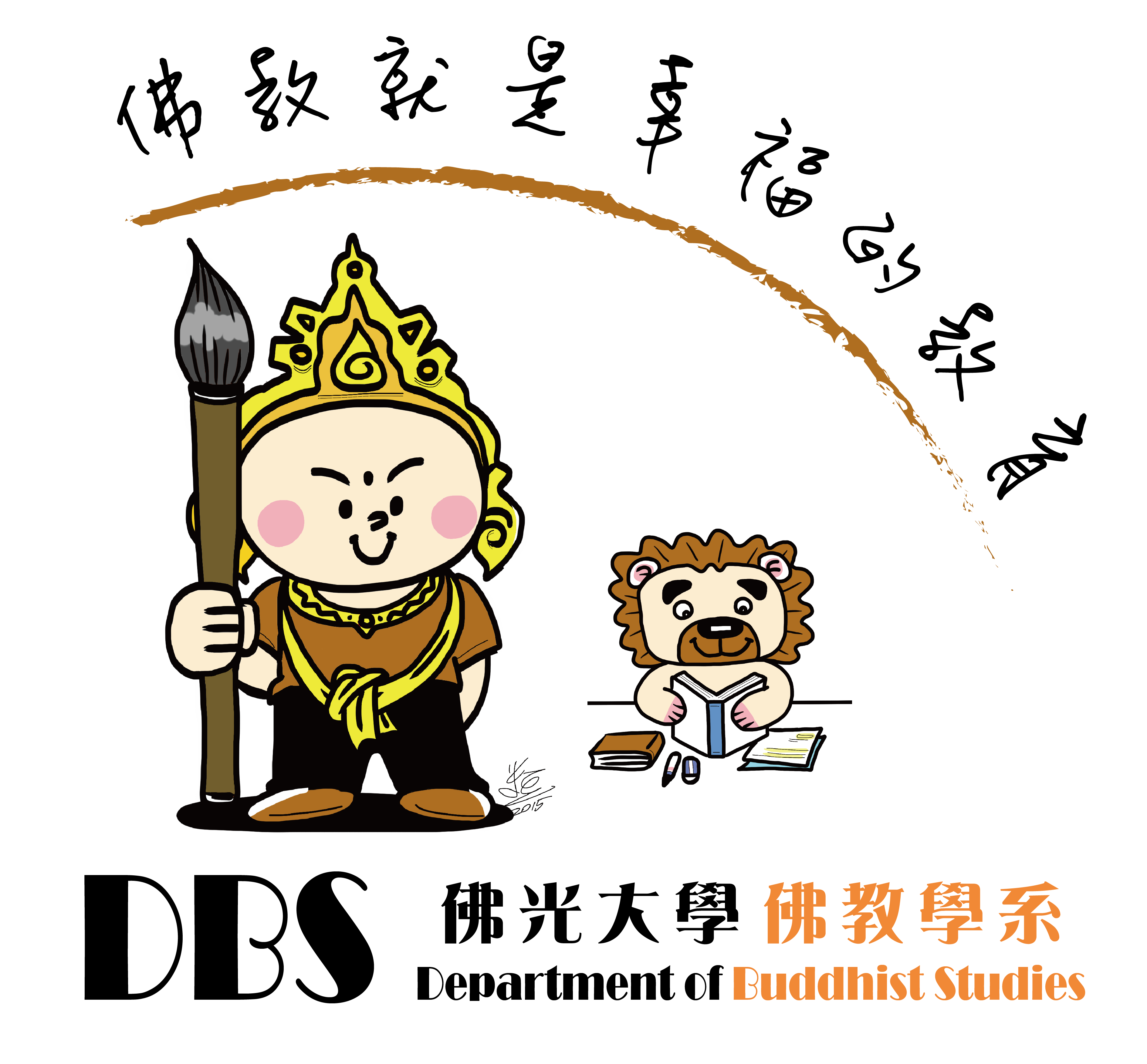The event took place on April 25, 2023, at Yunshu Building, with the participation of 70 guests. 🏀
During the opening ceremony, Dean Prof. Kuo of the Buddhist Studies College encouraged students to write more essas, stating that "whether it is expressing views clearly or defending them, it is an opportunity for students to progress." He also praised the Graduate Student Association for organizing the presentation, emphasizing the importance of academic exchange and resource sharing among graduate students.
Professor Hsin Yi Lin of the Department of Buddhist Studies mentioned that a presentation is an essential part of a scholar's career, encompassing academic presentations, discussions, and the formal editing and publication of the thesis. Excellent papers presented at the event have the opportunity to be published in the Fo Guang Journal of Buddhist Studies.
The President of the Graduate Student Association, Ven. Zhiwen, shared that the presentation provides an opportunity to learn how the content of teacher comments can vary based on different knowledge backgrounds. Listening to debates on and off the stage challenges one's ability to make independent judgments and think critically. It is hoped that the presentation will be held annually to cultivate an academic atmosphere within the university. 🏀
Among the five students who presented, three were doctoral students from the Fo Guang University Department of Buddhist Studies and the Huafan University Institute of Oriental Humanities, while two were master's students from the Fo Guang University Department of Buddhist Studies, in the Chinese and English programs. The topics of their theses revolved around the thoughts, writings, and conduct of Buddhist masters and scholars such as Zhiyi (538-597) of the Sui Dynasty, Zanning (919-1001) of the Song Dynasty, Foguo Yuanwu (1063-1135), Zhang Jia (1890-1957) in the Republic of China, and Master Hsing Yun (1927-2023), employing various research methods and materials including textual analysis, history, and philosophy. 🏀
The background of the faculty members serving as commentators added to the significance of the event, including Professor John H. Kieschnick from Stanford University's Department of Religious Studies and the Ho Center for Buddhist Studies, Professor Lin Xiaoting from the Hoover Institution at Stanford University and the Director of the East Asian Collections Department at the Hoover Archives, Professor Liu Jiaxing from National Cheng Kung University's Bachelor's Degree Program, Professor Kan Zhengzong from the Fo Guang University Department of Buddhist Studies, and Professor Ceng Zhimian.
The content of their comments was detailed and comprehensive. Professor Liu Jiaxing mentioned that a essay can be positioned in three ways: first, addressing issues that have not yet been discussed in academia; second, challenging established views by using new materials and methods; and third, summarizing previous research, which also holds academic value by providing a contextual review of past studies for future scholars to build upon. 🏀
Dean Prof. Kuo compared essay writing to weaving, emphasizing the importance of organizing data around a central question rather than attempting to include all relevant information. He stated, "It's like designing a pattern when weaving a cloth, rather than just adding all the materials to make it complete without conveying the core concept."
When conducting research in Buddhist doctrinal studies, attention should be paid to two routes: historical research, such as the chronological order of the development of certain ideas and the authenticity of authorship; and doctrinal research, focusing on how a concept is applied in accordance with the textual meaning, as exemplified by the absence of the term "Buddha nature" in the Lotus Sutra, even though it is commonly associated with this scripture. Understanding the reasons and evolution of such phenomena is essential. 🏀
In addition, the faculty members provided other perspectives for deeper consideration of the theses, including the importance of maintaining a clear focus on the research questions and themes when analyzing historical backgrounds, considering factors such as the era and the writing style of the Buddhist masters, and staying updated with important and recent domestic and international research and primary materials. The use of tables should not be limited to data organization but should also highlight key points and significance. Furthermore, aspects such as the presentation of thesis titles, the use of complex or simple language, and word choices were also discussed. 🏀
Students expressed their appreciation for the comments from the teachers, noting that they greatly helped advance their thesis writing. They emphasized the importance of having a focused and problem-oriented thesis topic and appreciated the practical advice given by the teachers. They also mentioned that they learned about academic presentations and writing experiences that were not covered in regular classes.
A master's student from the Hong Kong Special Program of the Department of Buddhist Studies stated, "I benefited greatly from the presentations by fellow students and the comments from teachers, which serve as excellent guidance and reference for my future thesis writing.""

 College and Department of Buddhist Studies, FGU
College and Department of Buddhist Studies, FGU